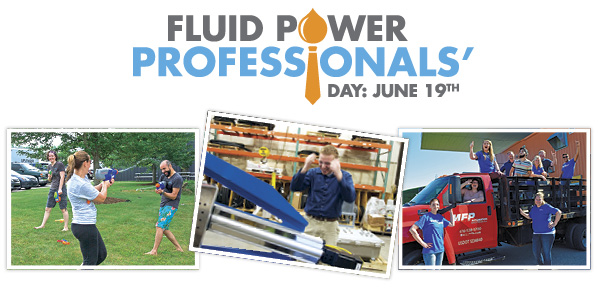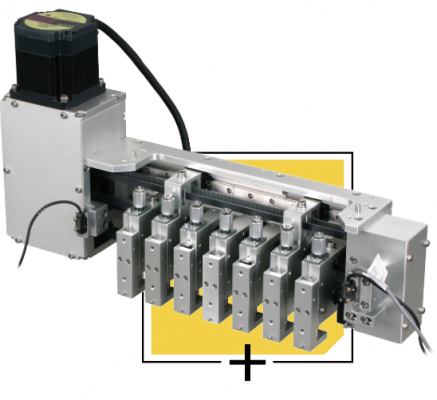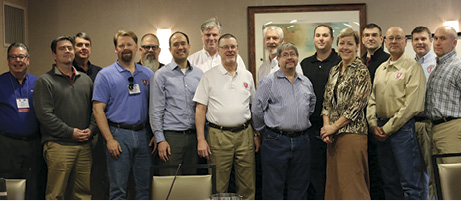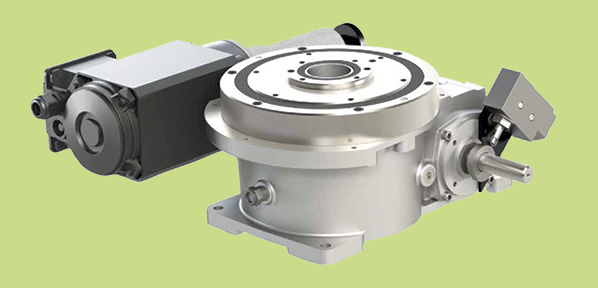Certification Success Profile: The Road to Certification
An Interview with William Henriques Souza Ignacio, CFPHS, and Luciano Lizardo de Souza GuimarÃes, CFPHS.
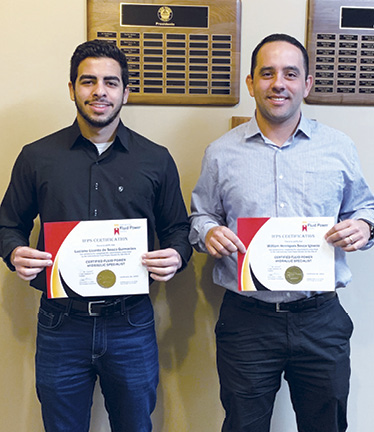
William (right) is currently a Sales Engineer at Bosch Rexroth Brazil in Rio de Janiero, Brazil, and Luciano (left) is a Mechanical Engineer at TCT Hidráulica in Rio de Janeiro, Brazil.
“Let me tell you a story about William and Luciano from Brazil, two committed individuals who wanted to enrich their fluid power knowledge and then become certified. Together, they signed up for a review training class in the United States, secured visas, and booked airline and housing. Then, the class was canceled! When we learned of this cancellation and their situation, we made immediate arrangements to host the review training session at IFPS Headquarters in Cherry Hill, NJ. Tom Blansett, CFPAI, IFPS Technical Director, was flown in from Michigan to conduct a 2-½ day review training. At the end of the training, Luciano and William took the certification test.
The staff held their breath, along with William and Luciano! After spending time with these two dedicated individuals and learning different things about them both, we were extremely impressed with their fortitude. We were all rooting for them; how could you not?
The result: Not only were William and Luciano elated with their successful results, but the entire staff was thrilled as well. When Susan Apostle, IFPS Logistics Manager, learned that William and Luciano planned to have their first American Thanksgiving in a restaurant, she immediately invited them to her home where she and her family embraced their new Brazilian friends with a home-cooked Thanksgiving tradition, cranberries and all.
Here’s their story.” – Donna Pollander, ACA, IFPS Executive Director
William: My first contact was an as Internal Representative at a recycling company while in Technical School. After this, I had a real immersion where I started working as a Maintenance Mechanic inside a metallurgy company, performing several activities related to hydraulics and pneumatics.
Luciano: I became involved in fluid power as a Technical Intern during Technical School at a big steel company with several hydraulic machines.
William: It was very important to support my duties as a Sales Engineer and to empower my career.
Luciano: The certification is a good way to prove your skills. If a professional works in fluid power industry, this certification is good for him.
We studied the entire Hydraulic Specialist Study Manual provided by the IFPS, as well as other study materials. Prior to traveling, we found studying through Skype to be more convenient for both of us, and after arriving in the U.S., we studied together in the house where we were staying and participated in a review training session before the test.

From left: Adele Kayser, Donna Pollander, Susan Apostle, William Ignacio and Luciano Guimarães
1. Understanding IFPS
Luciano has been working at TCT Hidráulica with Mr. João Luiz Amorim, who has years of experience through hydraulics training in Brazil. Amorim has an enormous background related to maintenance practice, as well as a high knowledge of technical sources from the United States. His dedication in his field has grown with a large technical library including several amazing books, magazines and information from all parts of the world. He told us about the International Fluid Power Society and its certification programs, and we motivated ourselves for the challenge.
2. Planning to Study
We earned a degree in Mechanical Engineering together, and after our graduation, we decided to start studying together. We studied for the certification exam for at least 6 months every night during the week and some weekends too.
Even though we live 4 miles from each other, we decided to study through Skype. It was more convenient for each of us, and it is a really good idea for other people as well.
3. Preparing for Travel
We scheduled our vacations to coincide with the best test date available. After this, we booked the plane tickets and a home in Philadelphia, PA, close to the review training and test location.
4. Taking the Test
We participated in a review training session for 2-½ days, and on the third day, we took the test.
We encourage all professionals who work with fluid power to become certified. Certification is very serious, and the manuals created by the IFPS with Tom Blansett, CFPAI, have a good methodology for passing the information along in an easy-to-understand approach, thus you take in more knowledge and skills. Plus, the certification is widely recognized in all countries, creating new opportunities for the certified professionals.
The certification process has provided us with a lot of knowledge about hydraulics and created new opportunities in the companies where we work.
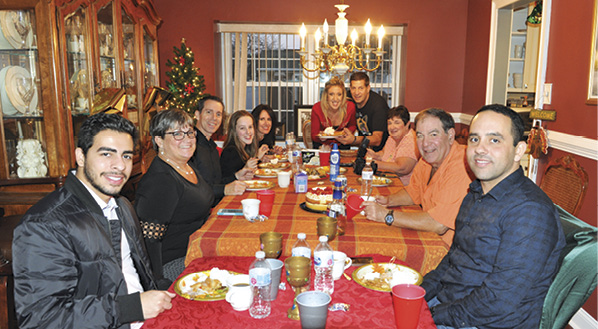
William and Luciano enjoyed their first Thanksgiving dinner in the home of Susan and Nick Apostle
CERTIFICATION EMPOWERS OPPORTUNITY
With certification for Hydraulics, Pneumatics and Electronic Controls Professionals, the International Fluid Power Society strengthens and advances professional careers in the fluid power workforce through our work in education, training, and certification. The IFPS is committed to promoting the advancement of technology and professionalism of the fluid power & motion control industry through Training, Education, and CERTIFICATION.
Visit www.ifps.org for more information.

